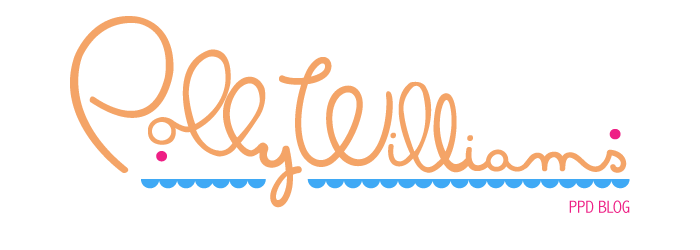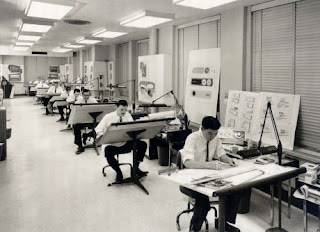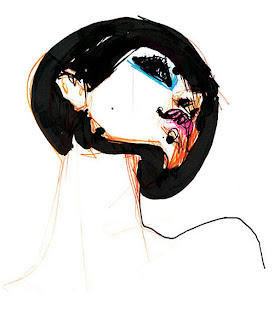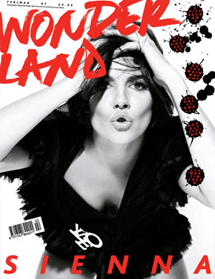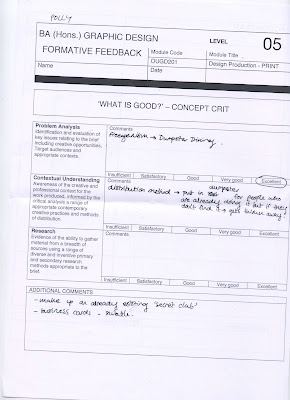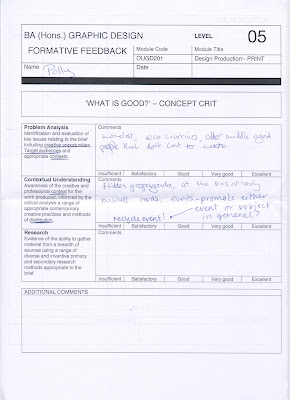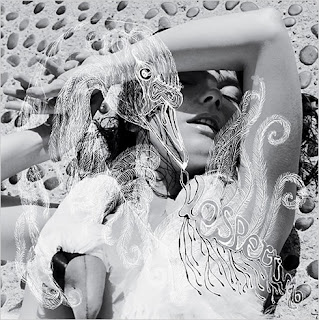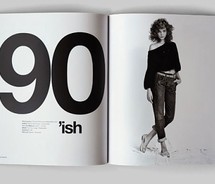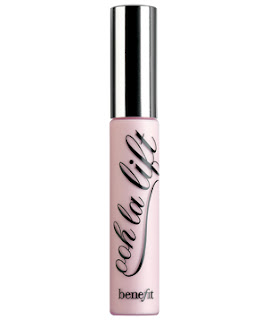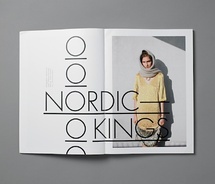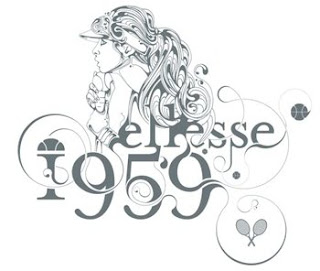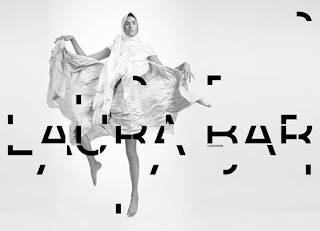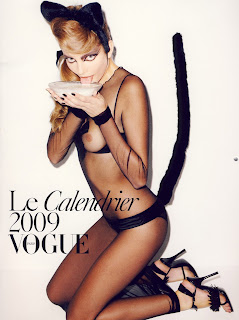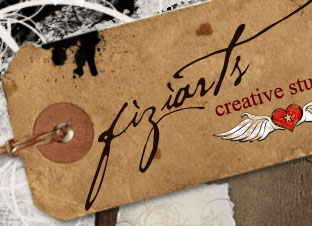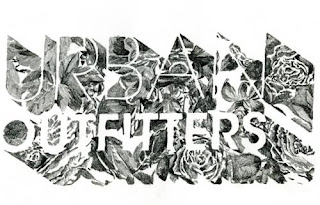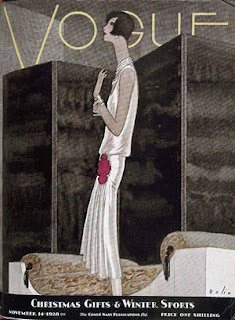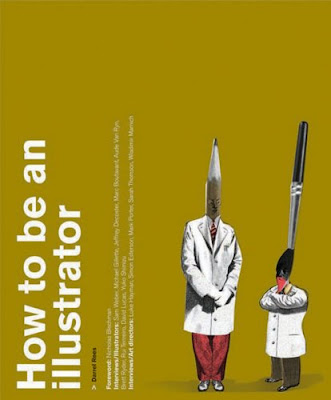BA (Hons.) GRAPHIC DESIGN
LEVEL 05
Module Code
OUPD201
Module Title
PERSONAL PROFESSIONAL DEVELOPMENT 2
PERSONAL PROFESSIONAL DEVELOPMENT 2
GROUP TUTORIAL PREP.
1. What is Industrial experience?
3. What form/format could industrial experience take?
Industrial experience is about getting to grips with the industry of graphic design. It is extremely beneficial to you as a designer and a budding professional to get experience by way of work placements within the industry, however it is just as valuable, if not more valuable to simply observe by way of short day/couple of hour visits just to look around, speaking to designers etc. Industrial experience is about getting as broad a range of information and experience in the industry, so as to develop as best an understanding as possible about the industry itself.
2. What can you learn from industrial experience?
From industrial experience you can get a better understanding how you would actually work as a graphic designer, learning about the things that we have not yet had to deal with much whilst on a degree course. For example interacting with a client, understanding their needs from what they tell you, and interpreting them correctly. This is conversation that I have had experience with on such a small scale, e.g. small illustrations jobs which are mostly for friends, which does not give you the real experience of dealing with a client of which you may have no relationship with to start with. Another area of knowledge that you would gain fro industrial experience is communicating with printers. We are developing the skills to be able to do this, but actually working with a printer is a whole different experience. These two main areas of communication are something that you really would only be able to learn about and understand properly from experience in the industry.
3. What form/format could industrial experience take?
Industrial experience can take all kinds of forms:
Working as an 'in house' designers for buisnesses of varying sizes.
Freelance designers - working independently doing a variety of jobs for various clients.
Working in independent practices set up by a few individuals.
Working as part of a design agency.
5. What are your concerns about industrial experience?
I am concerned about having a portfolio that best represents/reflects what kind of work I want to do.
I worry that I will not feel that I am capable of working for the kind of place that I want to work.
The competition - graphic design is such a competitive industry.
I also am worried about having a bad experience with a company that isn't right for me and as a result loosing faith and confidence in the industry and myself.
